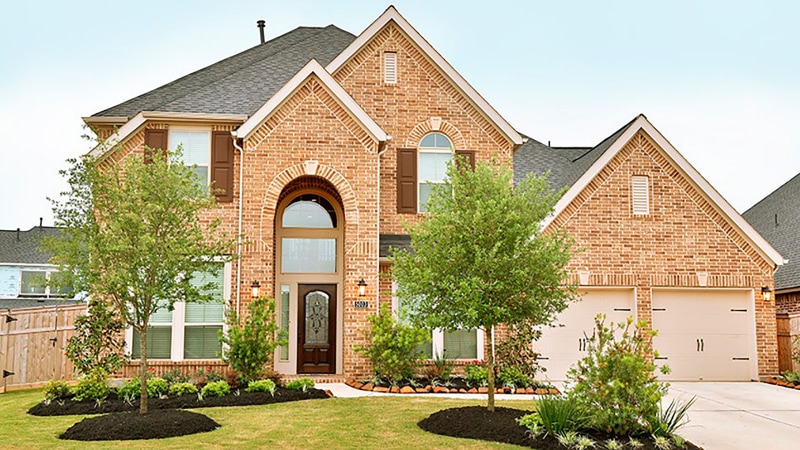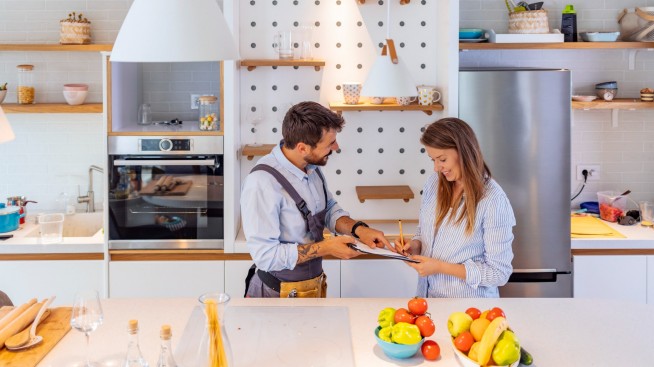Buying a home while selling another

Journey to Home
When you own a home already, it's tricky to orchestrate the simultaneous buying of a new one and the selling of your old one.
"Basically you're trying to time one mortgage process with another," says Sam Nader, a mortgage banker with Chase in Katy, Texas. "If there's a delay on one, it could cause a delay on the other. It's a delicate balance."
When Matt and Marissa Dickerson put their house on the market, they had four offers within eight hours of it being listed, and they sold it within 24 hours. While a quick sale can be a great thing, the Dickersons were in the process of building their next home—and it wasn't finished.
“We sold it a lot faster than we had expected," says Matt, 29, of Fulshear, Texas. “We accepted the offer with the condition that we were going to lease it back from them until the new house was finished."
There are a variety of ways to approach the situation, and the right one will depend on your circumstances. Here are some options:
Schedule your closings close together
Ideally, you would close on your old home and then use those proceeds to close on your new home, with as little time as possible in between. Buyers often need the proceeds from the first closing to make the second closing happen. The danger is that if the first closing is delayed, the second closing may not be able to happen on time either.
Sell your current home first
Some buyers can't pay a down payment on a new home until they sell the old one, so selling first may be the best approach. “The greater majority of consumers have to sell one before they can buy one," says Sandra O'Connor, a regional vice president for the National Association of Realtors and a real estate agent in Greensboro, N.C. Once you have a secure offer in place and know your deadlines for inspections and loan approval, you can go shopping and find your next home.
Consider asking for a rent-back
This is when you “reach an agreement with the buyer of your current home to rent back from them for a short period of time after closing," says Greg McBride, senior vice president and chief financial analyst for Bankrate, “until the closing and move-in happens on the new home." This worked for the Dickersons, but if your buyers need to move into your house on a particular date and can't be flexible — or they're just not into this arrangement — it won't work.
Plan for short-term housing
If your buyers need your current home before you can close on your new home, you may be stuck without a place to live temporarily. It's inconvenient, but it isn't the end of the world. “You may have to ... stay in a short-term weekly type rental," says Linda Rheinberger, a real estate agent in Las Vegas who is another regional vice president for the National Association of Realtors.
Ask about a bridge loan
If you find yourself closing on new home before your old home has sold, you may be able to qualify for a bridge loan to help you manage two mortgages for a short time. “If you can qualify to carry two mortgages or two debts even for a short period of time, that will work," O'Connor says. The better your credit, the better your chances of making this work.
Be ready for anything
Sometimes buying and selling is like setting up a row of dominoes: Buyers waiting for their own homes to sell before they can buy the next one, and so on. “There are disaster stories," O'Connor says. “There's the case of two or three dominoes and the first guy loses his job and everything else falls apart. That's when we hang back and punt again."



